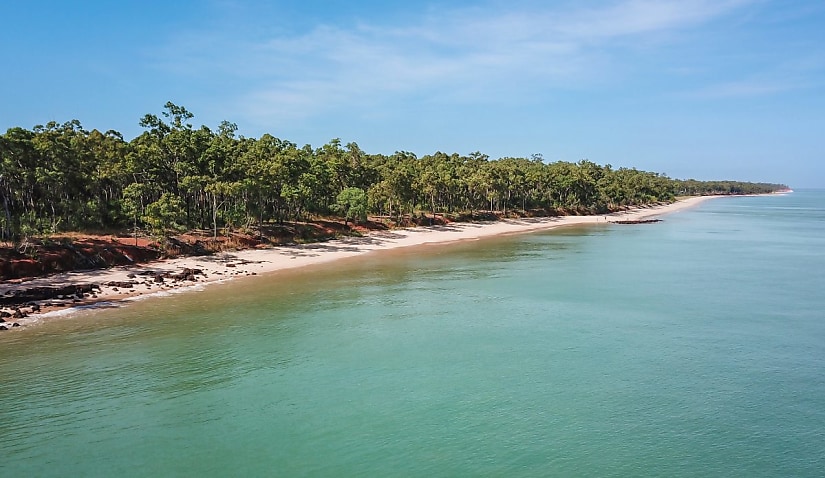Powered by MOMENTUM MEDIA
Santos has appealed the Federal Court ruling that halted drilling of its $3.6 billion Barossa gas project, upon objections of Tiwi Island traditional landowners.

The landmark case was the first, and most significant judgment, in a challenge to mining approvals based on consultation with First Nations peoples; potentially setting a precedent for a mass of future claims.
“I’ll formally grant expedition, so if something has to be bumped, something else will have to be bumped,” he said.
“The likelihood is people are going to have to interrupt what they’re doing to hear this case.”
Two law experts discussed the Tipakalippa v National Offshore Petroleum Safety and Environmental Management Authority (NOPSEMA) case and the appeal that marks an ongoing legal battle.
Elizabeth Spencer, Charles Darwin University lecturer and law professor, and Ros Vickers, course coordinator and lecturer in law, said the nation should be paying attention to this ongoing court battle.
The decision “raises the bar about what companies are required to do when consulting with Indigenous peoples,” they said.
“It impacts all companies that have lodged or plan to lodge applications with NOPSEMA to seek approval for similar gas drilling extraction.
“The decision contributes to progress toward true and meaningful reconciliation by providing much-needed recognition that stewardship of the environment means not shutting out the voices perhaps most interested in ensuring its protection, the traditional owners of the land and the seabed.
“This ongoing legal battle raises big questions.
“It asks whether colonial governments and multinational corporations can ever take into account, or even comprehend, the integral coexistence of First Nations peoples and cultures with the sea and the environment and begins to open the Pandora’s box that that question implies.
“Despite surging revenues for oil and gas companies, it still seems revenue trumps the protection of country.
“Is this a reflection of what Australians want from their government in considering approvals for development?
“In today’s world of sustainability and corporate social responsibility, is this even a reflection of what shareholders in multinational corporations want their companies to do?
“People need to know about it because it is about holding companies, governments, and fellow citizens to share in consultation with First Nations Australians in protection of environment for our shared future.
“It is important because we are all accountable.”
We're evolving — and so should your insights. Heads up — Lawyers Weekly is going premium from 1 May for just $5 a month. Stay informed without missing a beat. More information coming soon.